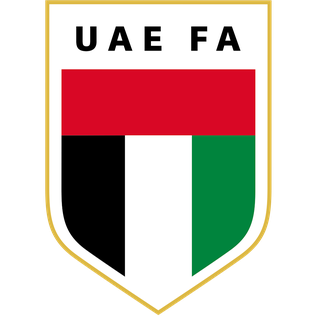UAE Unveils Ambitious Waste Management Agenda to Propel Circular Economy
Hyphen Web Desk

This comprehensive agenda is structured around three strategic directions: minimizing waste production, adopting circular economy practices, and enhancing landfill management. Developed in collaboration with local authorities, it seeks to transform waste management across the nation, aligning with the UAE Net Zero 2050 Strategy.
Eng. Alia Abdul Rahim Al Harmoudi, MOCCAE’s Assistant Undersecretary for the Sustainable Communities Sector, emphasized the agenda's significance, stating it serves as a cornerstone of sustainable development. She highlighted its role in reducing waste, decarbonizing the sector, and aligning with UN Sustainable Development Goals (SDGs) such as Climate Action and Responsible Consumption.
The agenda sets ambitious targets to be achieved by 2031, including treating 80% of municipal solid waste, managing 99% of hazardous waste, and ensuring 90% of landfills meet sanitary standards. These objectives are supported by innovative projects and policies designed to reshape the nation's approach to waste management.
Notable initiatives under this agenda include a ban on single-use plastics and the development of advanced waste treatment projects, such as Dubai’s municipal waste-to-energy plant. Additionally, the implementation of AI-driven landfill monitoring systems aims to enhance efficiency and environmental safety.
A significant component of the agenda is the introduction of the Extended Producer Responsibility (EPR) framework. This policy holds manufacturers accountable for the entire lifecycle of their products, including waste recovery and treatment, thereby promoting sustainable production and consumption patterns.
Further reinforcing the agenda's focus on sustainable innovation is the "Waste to Zero" initiative, chaired by Sheikha Shamma bint Sultan bin Khalifa Al Nahyan. This initiative concentrates on reducing emissions through global partnerships, exemplifying the UAE's commitment to international collaboration in addressing environmental challenges.
Labels:
#Syndication
Share:
